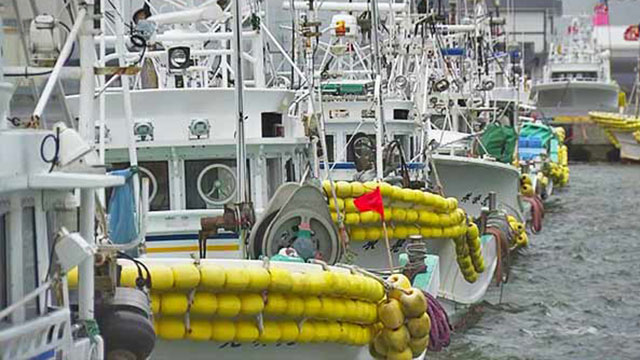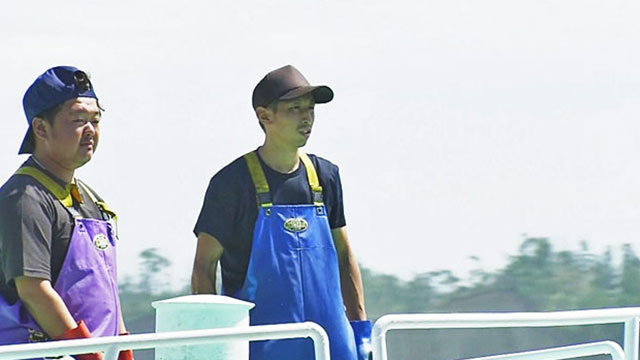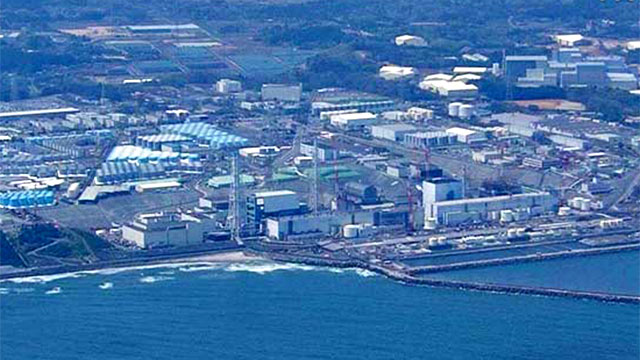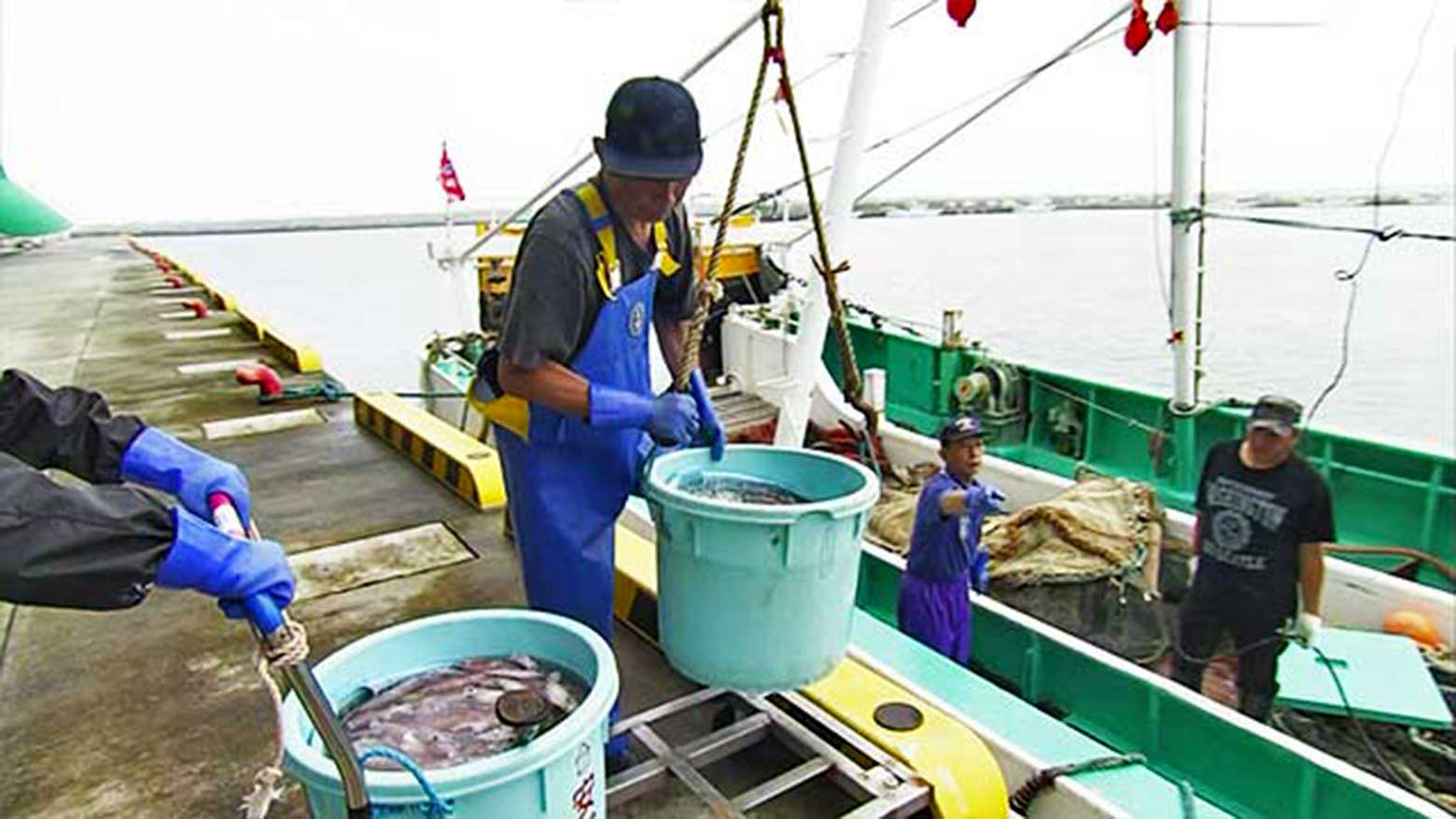Since the accident, fishermen in Fukushima have worked under restrictions that limit the dates and waters in which they operate. The idea is to prevent their catch from being left unsold at the market and protect prices.
Last year, the catch volume from the waters off Fukushima Prefecture was just 14% of pre-2011 levels. But there are some signs that the situation is improving.
The price of fresh flatfish shipped to Tokyo’s Metropolitan Central Wholesale Market has recovered to match the average from across Japan. All of Fukushima’s fishing ports are back in action following restoration and rebuilding—as well as the renewal of vessels lost or destroyed in the tsunami. Another boost came in February, when a government panel of experts confirmed the safety of all kinds of fish from the region.

Shiba Koichi runs a seafood wholesale business in the Fukushima town of Namie. He rebuilt the firm’s processing plant that was washed away in the tsunami, and resumed operations in April.
Shiba says he is fielding requests from business contacts in Tokyo who say they’re ready to buy from Fukushima once again.
“We no longer feel that people think our product is tainted, and the rumors have subsided,” he says. “I believe our catch can regain the recognition it deserves as long as we continue to provide top quality.”
Nurturing young fishermen
A fishing cooperative in Fukushima’s Soma City has a project underway that looks to the future. It includes a plan to expand trawling areas and double the frequency with which they drag the nets.
One of the project’s most important components is to nurture young fishermen, about 20 of whom have joined the the co-operative’s trawl fishing section since 2011. Industry leader Takahashi Toru is happy to observe that “today, we see every fishing boat has young fishermen on board, aged from their teens to 30s.”
“We want them to have hopes for a successful future,” says Takahashi, whose focus is on rebuilding. “Almost 10 years have passed since the nuclear accident. We need to step up and increase the pace of recovery.”

Concerns over tainted water
Despite the breakthroughs, Fukushima’s fishing sector will face another stumbling block in the next couple of years. Authorities are unsure of how to deal with the radioactive water that continues to build up at the nuclear plant. Most of the radioactive substances are removed through treatment, except for tritium.
Plant operator Tokyo Electric Power Company (TEPCO) keeps the tainted water onsite in tanks but warns it will run out of storage space in about two years.
A government panel of experts released a report early this year that suggests the most practical solution is to release water that has lower levels of tritium—with a limit set by the government—into the sea or the atmosphere. The report found that an ocean release was preferable, noting that other nuclear power plants across Japan have already done so.

Leaders in Fukushima’s fishing industry are outraged. Tachiya Kanji from the Soma Futaba fishing cooperative is among those speaking out.
“We’ve finally reached the point where consumers say Fukushima fish are safe and good to eat,” Tachiya says. “If you release the tainted water into the sea off Fukushima now, all our current efforts, and what we’ve done so far, will go to waste. There is no way that this can go ahead, even if it is government policy.”
TEPCO has suggested that it will offer further compensation if the ocean release causes damage to the reputation of Fukushima’s catch. Most fishermen in the area are already covering revenue shortfalls with TEPCO payouts, but it’s not what they want.
“We want to recover and return to our normal lives—lives that do not rely on compensation,” Tachiya says. “Our main hope is to be able to earn our own income from the fish that we catch ourselves.”


